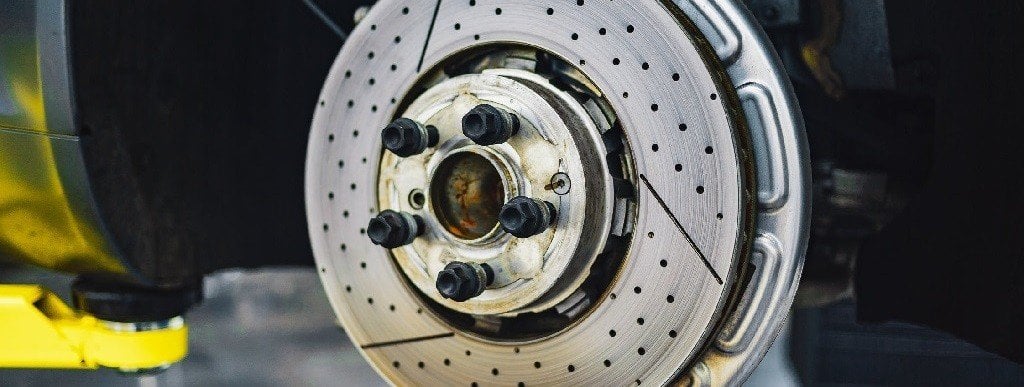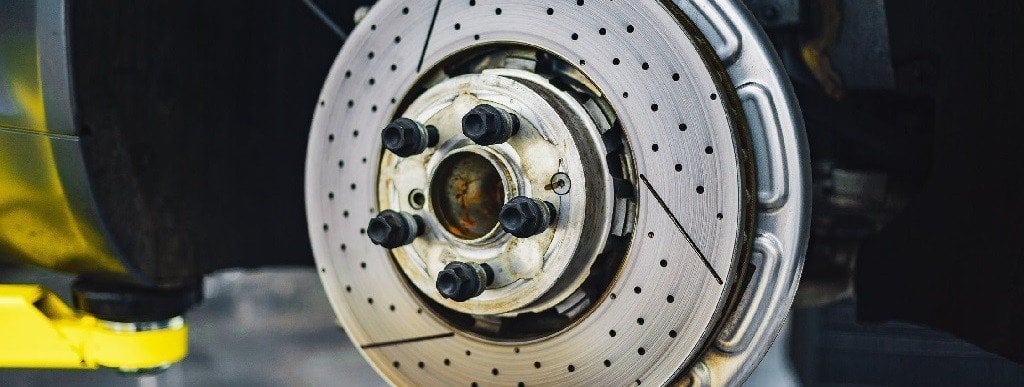Is it Necessary to Rotate my Tires?

Rotating tires is a method of overseeing tire tread wearing, the grinding, scouring, and scratching that your tires' tread undergoes while carrying a load of your vehicle on the road and harsh surfaces. When you rotate the tires, every tire is shifted to another location on your vehicle's axles, such as transferring the right tire at the front to the left position at the back, for instance. This mix enables your tires to wear out more evenly.
Look to your owner’s manual or talk with your neighborhood auto care specialists to see how regularly you ought to do your tire rotation. Many vehicle producers suggest its ideal to rotate your tires every 3000 to 8000 miles or a half year.
Why tire rotation is a crucial task?
While following your vehicle's producer recommended tire rotation spans, you are keeping up with the uniformity in tread wearing, which will help handle better, lessen commotion and vibration, broaden the tires’ service life, and ensure the warranty of your tires. Not exclusively does these little things spare you from getting new tires soon, they can likewise give a superior experience while driving.
Imagine a scenario in which you don’t rotate your tires:
If rotation isn’t done at regular intervals, the tread wears unevenly to make a harsh and possibly flimsy driving surface. In the long run, this kind of wearing on your tire treads may diminish your well-being. At the same time, you drive, consider things like heat development, hydroplaning, a helpless foothold in ice and snow, and an expanded danger of penetrates and tires blowing out. As indicated by an NHTSA report, lacking tread profundity is answerable for over 25% of auto collisions, all of which are tire-related. Also, Consumer Reports identified that up to half of all traveler vehicles presently have one tire lacking tread at least.
Heat Development:
When your vehicle is on the drive, the erosion made between your tires and the street produces heat. Your vehicle tires are intended to withstand heat; however, without any space to cool the wind current that treads make, the heat can rapidly arrive at dangerous levels. An excessive amount of heat can bring about tires failing to perform, such as blown-out tires and tread division.
Hydroplaning:
The profound depressions in sound tread assist channel with watering ceaselessly from the surface of driving for the tire to have a solid hold on the road. If there is no satisfactory tread profundity, tires might skim over the water's heat, hazardously controlling, and handling.
Helpless Footing in Ice and Snow:
With more profound, more extensive, keener, and more sporadic treads, tires for snowy conditions are intended to improve footing by holding into stuffed snow. When you drive in the winter with deficient tread profundities, or lacking tires, may expand the danger of turning out or slipping on frigid roads.
Penetrates (holes or punctures) and tires blowing out:
If you aren’t doing regular tire rotation, an indentation on your tire encountering unnecessary strain could start to wear. The slenderer the indentation becomes, the more is the possibility for a glass, nail, or even any other sharp object could jab an opening in the tire. Tires, similar to chains, are just as strong as their most vulnerable point.


